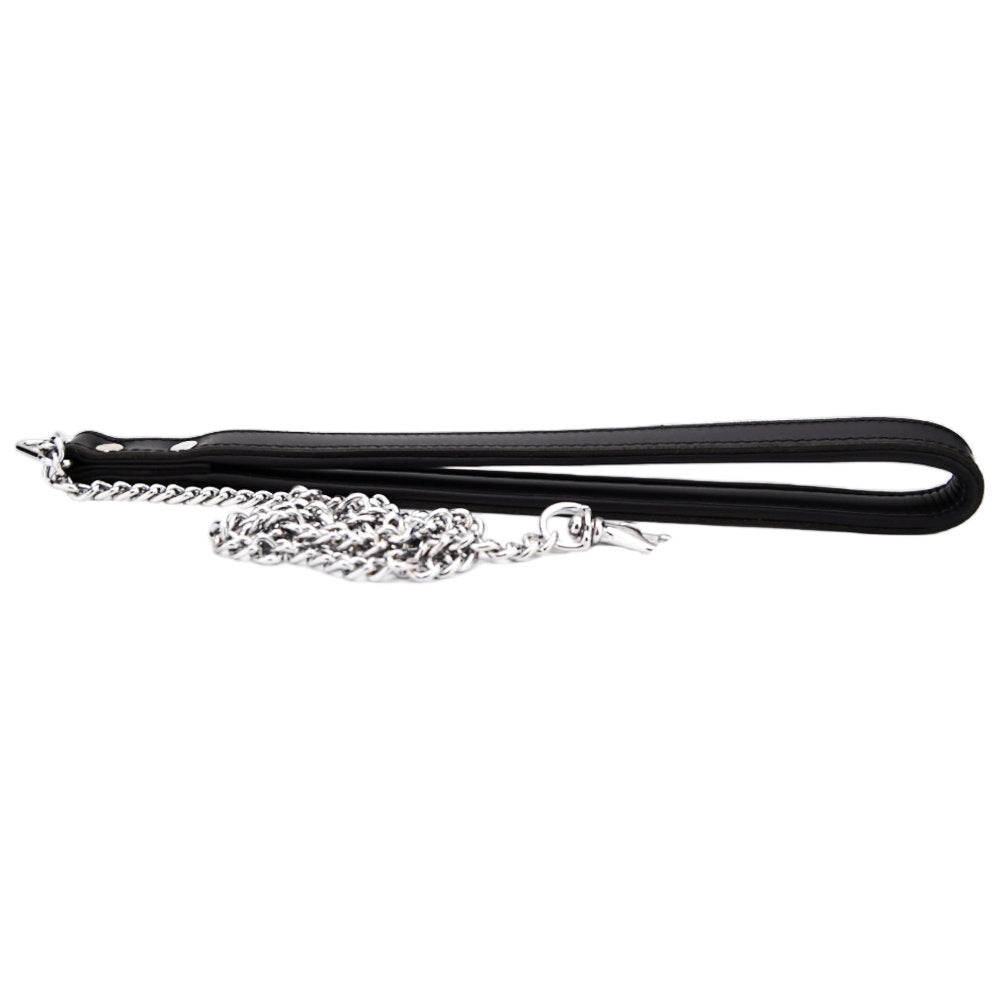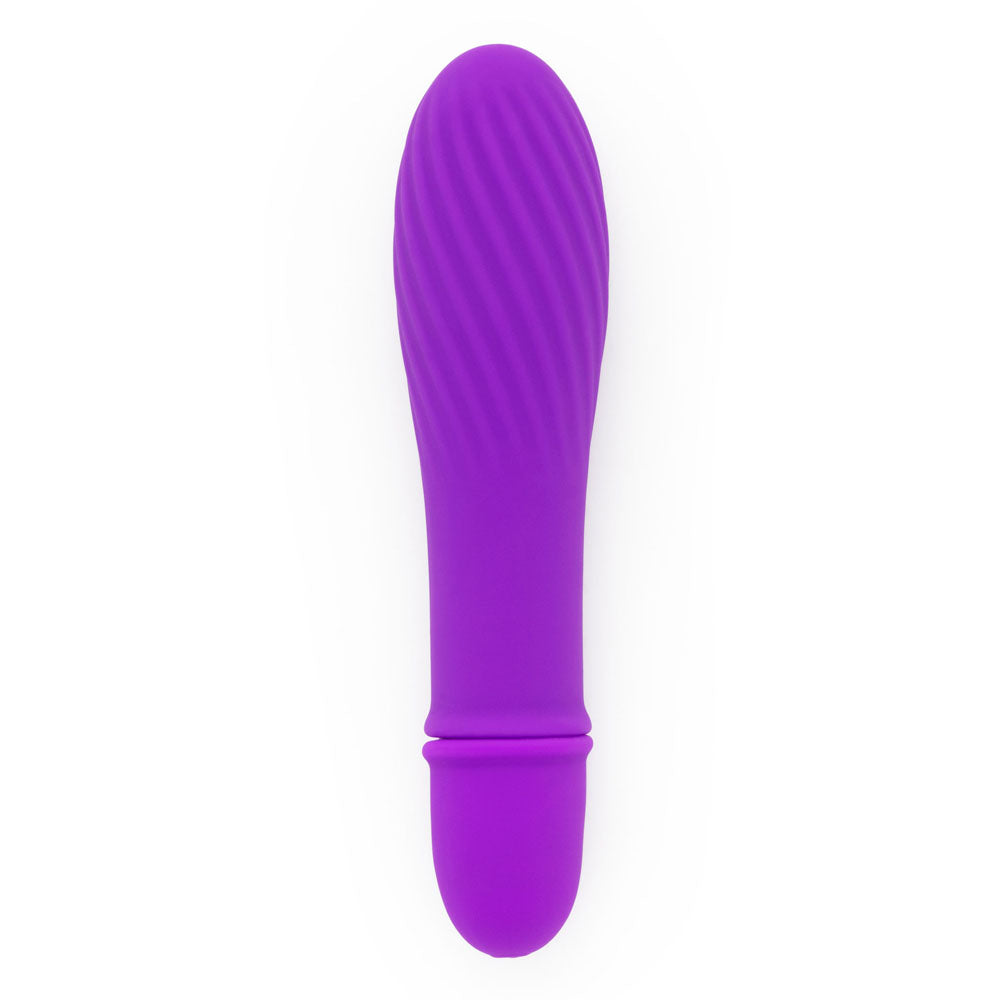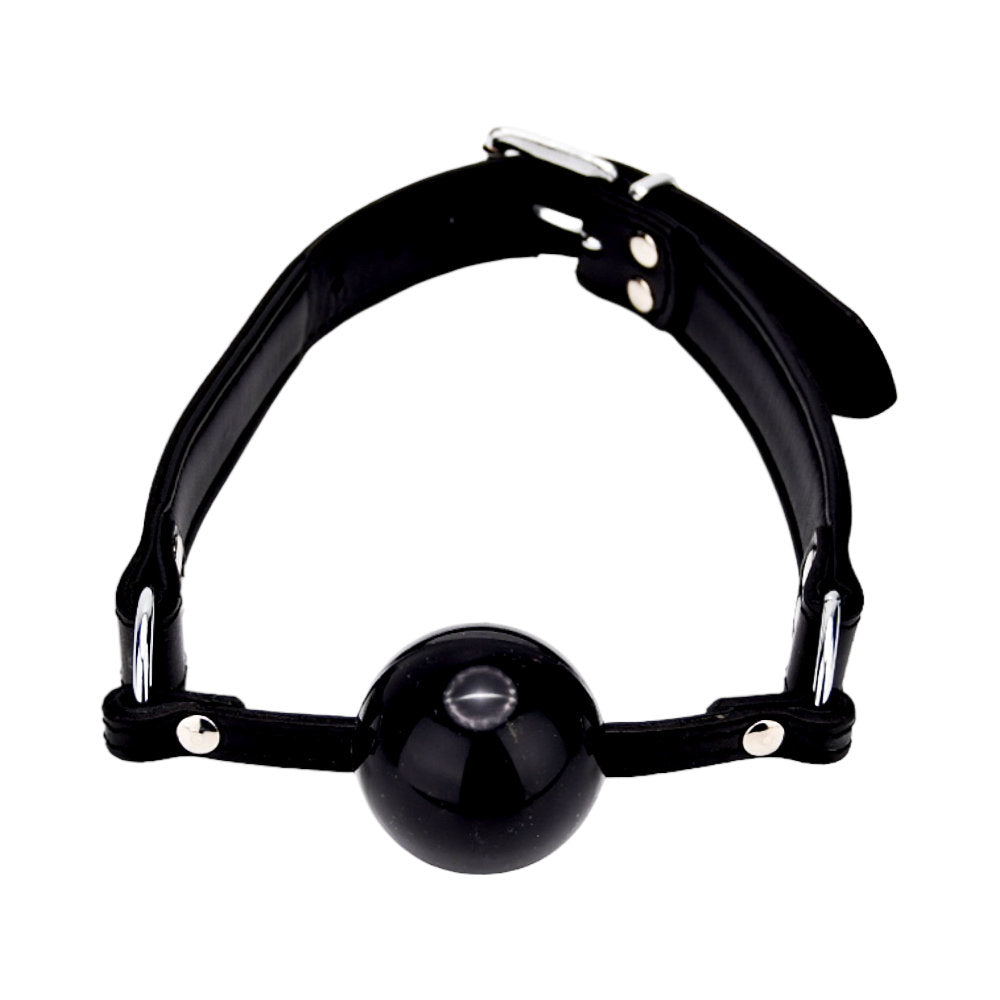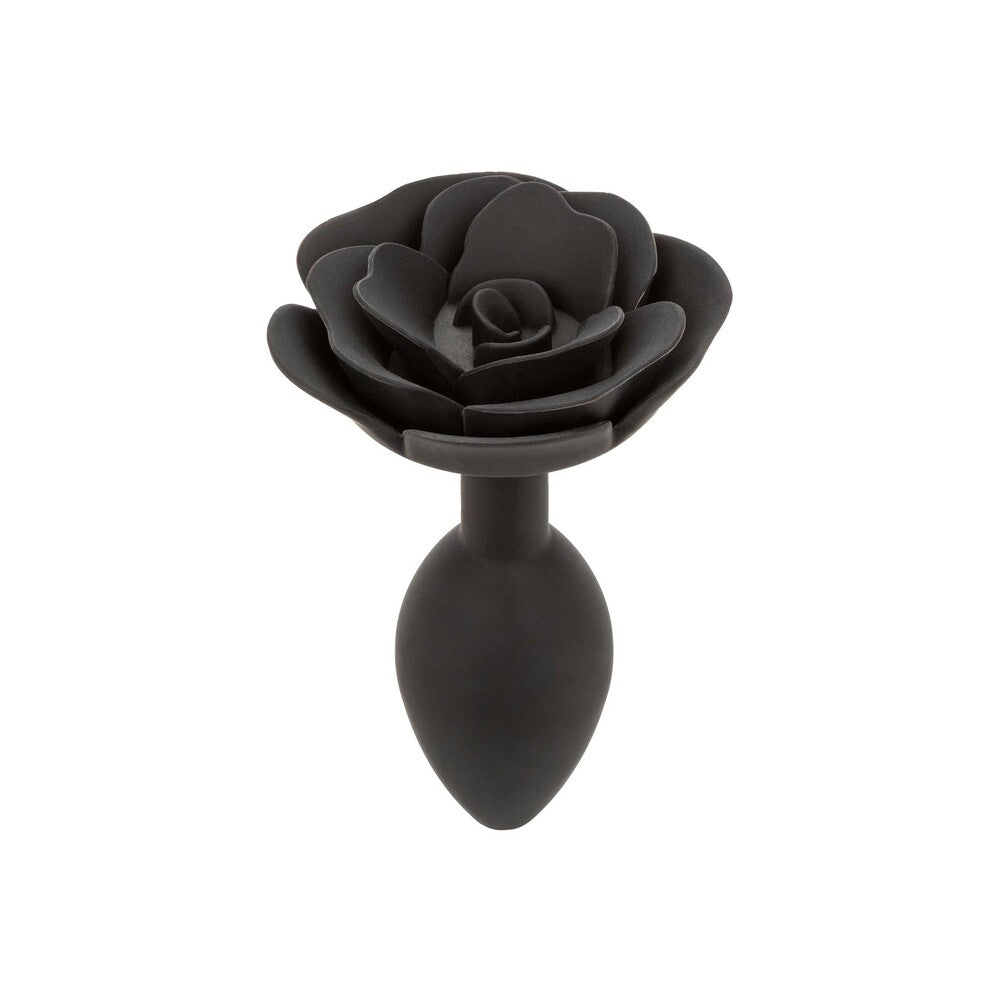What Happens During Menopause?
Menopause marks a significant transition in a woman's life, bringing with it many physical and emotional changes. One common concern for women is whether they can still experience sexual pleasure and orgasms after menopause. The short answer is yes! With a few adjustments, women can enjoy satisfying sex lives and achieve orgasm after menopause.
During menopause, declining estrogen levels cause changes in a woman's body. The most well-known symptoms are hot flashes, night sweats, vaginal dryness, and irregular periods. But menopause also impacts the sexual response cycle.
Specifically, the declining estrogen thins the vaginal walls. This causes dryness and discomfort during sex. Women may also notice less vaginal lubrication during arousal. Some women experience decreased genital sensation and slower arousal. Although orgasmic ability remains intact for most women, some may find it takes longer to climax after menopause.
Tips for Having Orgasms After Menopause
While these changes can present obstacles, they do not prevent orgasm. With effective solutions to manage menopausal symptoms, women can readily achieve sexual satisfaction.
Here are some proactive steps women can take to promote enjoyable sex and orgasms after menopause:
- Use vaginal moisturizers and lubricants - Hypoallergenic moisturizers and water- or silicone-based lubricants supplement the vagina's natural lubrication to make sex more comfortable. Apply lubricant to both the vagina and clitoris during foreplay and intercourse.
- Engage in longer foreplay - Allow extra time for arousal. Slower and extended foreplay enables natural lubrication to occur before penetration. Oral sex, manual stimulation of the clitoris, and sufficient touching and caressing are important.
- Try sexual positions that minimize discomfort - Some positions, like woman on top, side-by-side, and rear entry, provide more control over penetration. Avoid positions with deep thrusting. Go slowly and communicate with your partner.
- Maintain an active sex life - Regular sexual activity promotes vaginal elasticity and healthy tissues. If intercourse is painful, engage in non-penetrative practices until you feel ready again.
- Use vaginal estrogen products - Localized, low-dose estrogen creams, tablets, or rings help replenish vaginal tissues and secretions. These products are safe for many women. Discuss your options with your healthcare provider.
- Consider mindset and relationship factors - Anxiety, negative body image, and relationship problems can interfere with sexual response. Working through these issues may improve your sexual experience.
- Talk to your healthcare provider - They can offer individualized guidance on safely managing menopausal symptoms and sexual concerns. Certain medications or therapies may help.
- Explore self-stimulation - Masturbation helps you learn what types of touch and techniques promote arousal and bring you to orgasm. Share this information with your partner. Mutual masturbation can also be satisfying.
- Use sexual aids - Vibrators, dildos, erotic videos, and other aids can enhance stimulation, arousal, and ease orgasm. Couples can shop for aids together.
How Orgasm Works Physically After Menopause
The physical capacity for orgasm does not diminish with menopause. The nerve pathways, organs, pelvic floor muscles, and brain regions responsible for orgasm remain intact. With age, it may take longer to build arousal and reach orgasm. But a variety of factors influence individual experiences. Some women find their sexual desire and response get better as they get older.
During arousal, the clitoris, vagina, labia, and breasts become engorged with blood. Muscle tension increases throughout the body. As arousal heightens, blood flow to the genitals increases. The clitoris becomes highly sensitive. Its glans and shaft expand and retract rhythmically.
With sufficient stimulation, orgasm occurs. The genitals, anus, uterus, and pelvic floor contract in rhythmic waves. Heart rate, blood pressure, and breathing quicken. Some women may flush, perspire, or release fluid. Feelings of intense pleasure radiate through the pelvis. The genital contractions associated with orgasm typically last under 30 seconds.
Understanding these physiological processes helps women know what to expect and pursue full arousal and orgasm after menopause. While it may require more time and effort to become sexually excited, orgasm remains entirely possible.
Health Benefits of Orgasms After Menopause
Beyond feeling pleasurable, orgasms have remarkable benefits for a woman's wellbeing. Here are some of the top health perks:
- Releases endorphins that boost mood and alleviate stress
- Promotes relaxation and restful sleep
- Strengthens pelvic floor muscles to prevent incontinence
- Improves bladder control and uterine health
- Increases blood flow and lubrication to keep vaginal tissues elastic
- Elevates estrogen levels temporarily to reduce vaginal atrophy
- Fosters intimacy and connection with your partner
- Boosts body confidence and self-esteem
By maintaining a fulfilling sex life through and beyond menopause, women can continue enjoying these advantages for years to come.
How Partners Can Help
For partnered women, a supportive and understanding partner greatly helps sustain sexual intimacy after menopause. Communication is key - discuss your needs openly and collaborate to find what works for both of you. Be patient with each other.
Partners can:
- Spend more time on foreplay and use lubricant
- Try sexual positions that maximize comfort
- Go slowly and let arousal build naturally
- Incorporate sex toys, visual aids, or fantasies
- Take penetrative intercourse off the table if needed
- Offer reassurance and validation
- Focus on closeness and pleasure rather than orgasm
With mutual care, creativity, and willingness to adapt, couples can thrive sexually through menopause and beyond.
The Outlook for Orgasmic Sex After Menopause
While hormones and anatomy change with menopause, a woman's capacity for sexual pleasure and orgasm need not decline. Implementing solutions to address menopausal symptoms and communicating with your partner sets the stage for satisfying intimacy. Allowing extra time for arousal and employing stimulation techniques that work for you can help overcome any obstacles.
Keep in mind, every woman's experience is unique. Staying healthy, managing stress, embracing your body's maturation, and maintaining a positive attitude will enable you to achieve orgasm and sexual fulfillment during this new life phase. Menopause marks the beginning of a liberated and experiential phase of sexuality. With self-knowledge, patience, and a sense of adventure, your orgasmic potential persists long past menopause.











Leave a comment
All comments are moderated before being published.
This site is protected by hCaptcha and the hCaptcha Privacy Policy and Terms of Service apply.